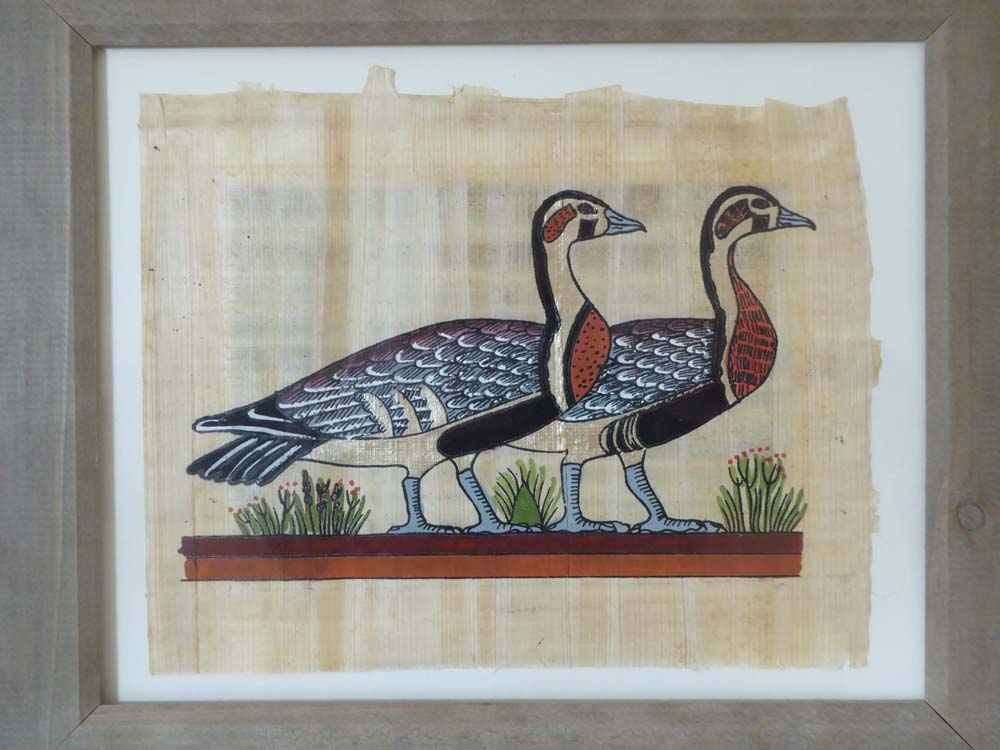This collection includes items in addition to those appearing in “Portable Water and Food Ware.”
Notes on illustrations:
Of special interest are the minerals, lead ore, and silver coinage produced from the Laurium Mines near Athens. Discovery of major silver deposits in 483 B.C. allowed the Athenians to finance the building of a fleet of two hundred ships that repulsed the Persian invasion and allowed the Greeks, in the aftermath of victory, to construct the Parthenon and other dazzling temples of the Athenian Acropolis. For centuries, the Athenian silver drachma remained the standard currency of the Mediterranean and Black Sea regions.
Also of note is the bronze coin of Smyrna depicting Homer. The famed poet was believed to be a native of Smyrna.
Ancient Greek herbs included Yarrow (used to stop bleeding and heal wounds), Sage (used topically, consumed, or burned as incense to provide an anti-itch and cure-all), Chamomile (consumed as tea to cure headache and indigestion, and induce relaxation and sleep), and Thyme (consumed or burned as incense to instill courage).









